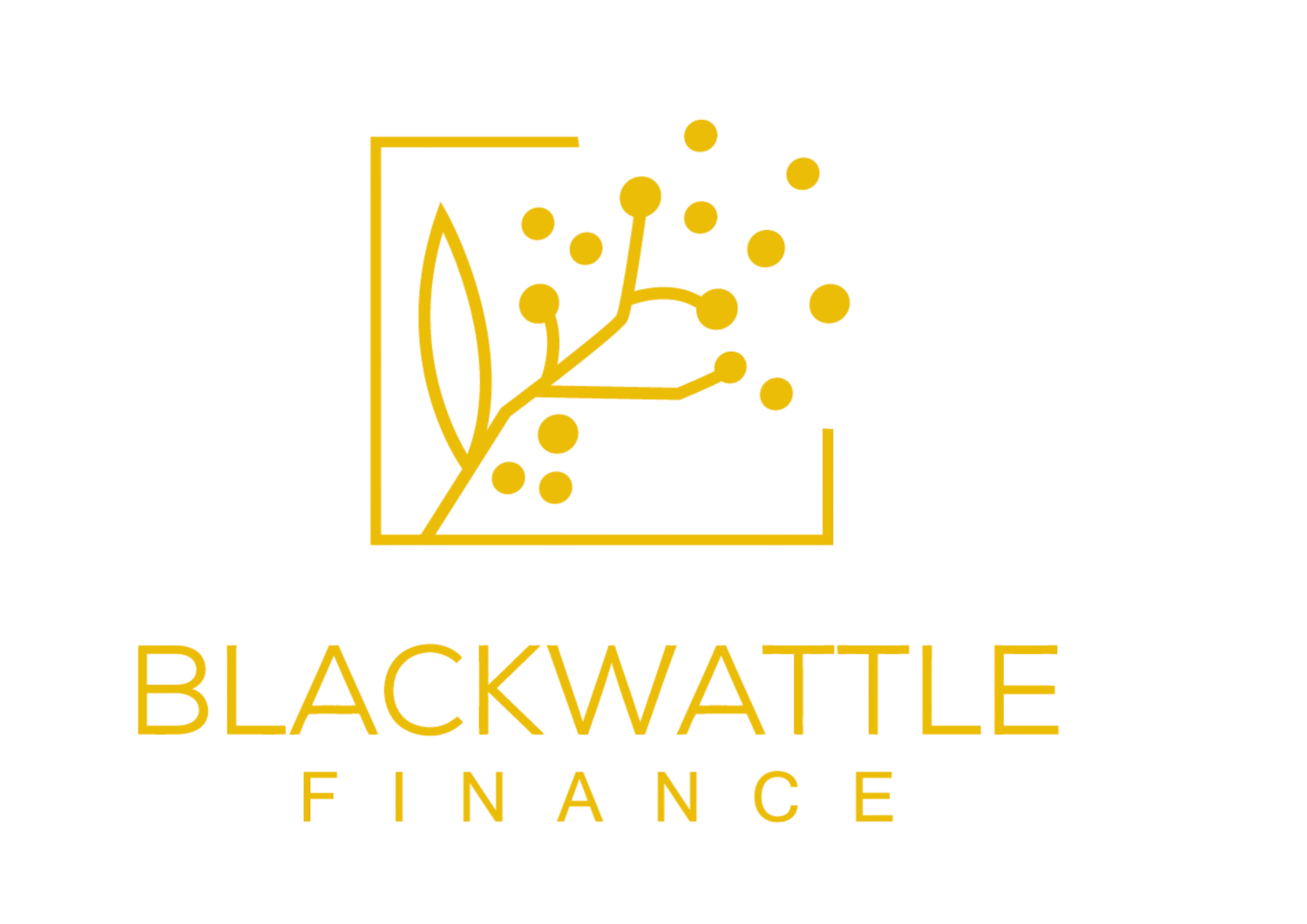When a lender is determining how much they are willing to loan you on a home loan they will look at a number of factors. This short article covers off how your living expenses factor in to your borrowing power.
As part of the broader picture of your overall credit worthiness, the lender will want to verify your living expenses and will take your living expenses into account. Your living expenses, along with other factors including your overall income and types of income, will determine how much the lender is willing to lend you. Under the NCCP responsible lending guidelines, a lender must satisfy themselves that you will be able to pay off the loan without falling into financial difficulty.
What are living expenses
Living expenses are what you spend in a typical week, month, or year in order to maintain a reasonable lifestyle. They are usually categorised something like this:
Groceries
Utilities, rates, strata
Entertainment
Transport
Health
Insurances
Personal care
Clothing
A common misconception is that if you have some large but non-recurring expenses (such as an overseas holiday or purchasing a new bike) that they will be included in your living expenses and will impact your application. This is not the case, and as part of your application we will explain any unusual or one-off expenses.
A lender will usually assess your living expenses using a self-assessment and declaration by you, or a review of your bank statements, or a combination of the two. If your expenses are on the lower side, the lender may rely on the Household Expenditure Measure (HEM) which is a measurement tool used to estimate the average spending for households and is based on the income and location of a household.
If you’re thinking of applying for a loan but are unsure about how your living expenses might impact your application, please get in touch with us and we will be happy to answer any questions you have.

